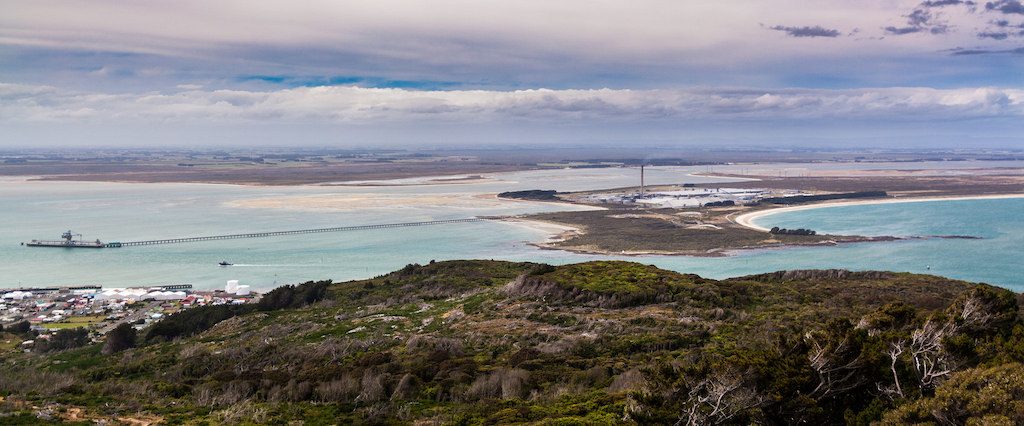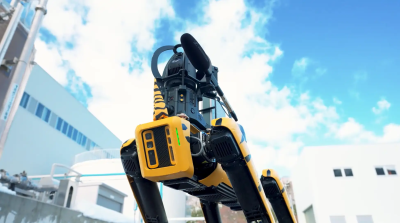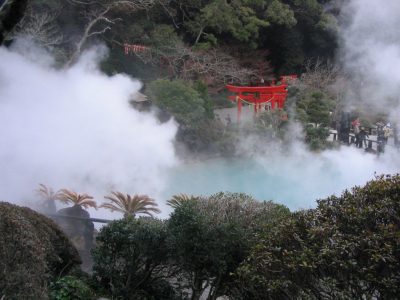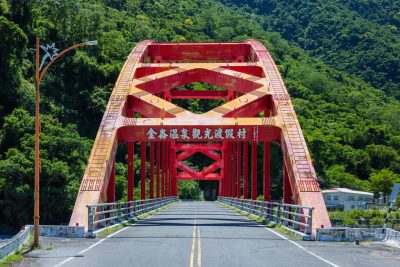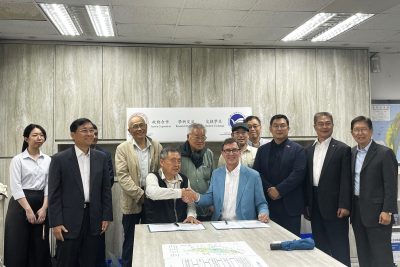Geothermal could play crucial role for future of energy-intensive industry in NZ
In order to secure a long-term future for New Zealand's energy-intensive heavy industry, secure and baseload power is crucial. In a future with 100% renewables as proposed by the country's government, this could put geothermal power in a crucial role together with hydro power and pumped storage.
In an article already published in May 2018, it is looked into how the energy-intensive industry could have a long term future in New Zealand.
We reported a while back on the challenges of keeping competitive for companies operating aluminium smelters and other energy-intensive heavy industry. With the global nature of the business, these companies have quite some power to dictate low electricity prices for their business, often not focused on clean sources for the electricity.
Iceland and New Zealand are good examples of countries that have been locations of aluminium smelters. Not knowing about the history in New Zealand, at least in Iceland these companies essentially helped build up a power market and the geothermal and hydro power industry in the country.
For those companies a secure (and naturally “cheap”) supply of electricity is crucial.
In the article referred to here, Gretta Stephens, then chief executive of New Zealand Aluminium Smelters, said that the only way energy-intensive heavy industry will only have a long term future in New Zealand, if “policies to decarbonise the economy can deliver a secure energy supply.”
There has been a backdrop to decisions by the New Zealand government to stop issuing new exploration permits for offshore oil and gas deposits, and committing to 100% renewable electricity by 2035.
“For businesses such as the smelter, the security of baseload power is our Number 1 consideration, so if you’re going to go to 100% renewable and you’re going to have big heavy industries like a smelter or a steel works, you need to think through what’s providing the baseload power.
“The question is what do you do in a non-normal hydro year. What’s the option in a dry year? Who is holding the assets to produce the extra power necessary in a dry year? We’re consuming that power 24/7, 365 days of the year, regardless of whether the sun’s shining or the wind’s blowing. So, how you’re going to provide the baseload power is a big consideration for me,” Gretta Stephens said in an interview with BusinessDesk.
The article refers to pumped hydro as an option, yet completely ignores the geothermal option. New Zealand has a large geothermal power generation potential and provides a uniquely baseload capacity option as part of a renewable energy future for New Zealand. While unfortunate, that this is not seen in this context by the executive here, it would provide a great value proposition in discussions on a future for energy-intensive heavy industry in the country. … or elsewhere for that matter.
To read the article referred to here, see link below.
Source: Sharechat
